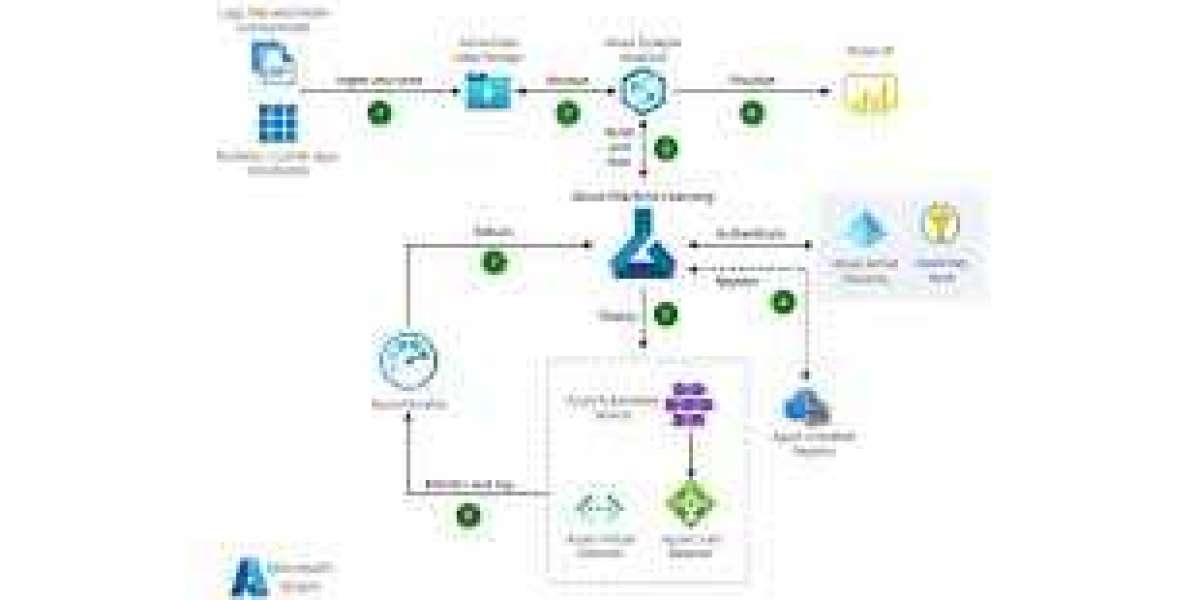What is a Machine Learning Tools Directory?
A Machine Learning Tools Directory is an organized collection of various software, libraries, frameworks, and platforms designed for building, training, and deploying machine learning models. This directory helps users discover tools suited to their specific tasks and project requirements.
Benefits of Using a Machine Learning Tools Directory
1. Curated Selection
Directories offer a curated list of machine learning tools, ensuring that users have access to high-quality and well-supported options. This helps in avoiding the pitfalls of exploring lesser-known or poorly documented tools.
2. Categorization
A well-structured directory categorizes tools by functionality, such as data preprocessing, model training, evaluation, and deployment. This makes it easier for users to find exactly what they need.
3. Comparison Features
Many directories include features that allow users to compare tools based on parameters like performance, scalability, ease of use, and community support. This comparative insight aids in making informed choices.
Key Categories in a Machine Learning Tools Directory
1. Frameworks
Frameworks provide the foundational structure for building machine learning models. Popular frameworks include:
- TensorFlow: An open-source library for dataflow programming and neural networks.
- PyTorch: A flexible framework favored for research and development, particularly in deep learning.
- Scikit-learn: A user-friendly library for classical machine learning algorithms.
2. Data Preprocessing Tools
Effective machine learning requires clean and well-structured data. Tools in this category include:
- Pandas: A powerful data manipulation and analysis library for Python.
- NumPy: Essential for numerical computations, it provides support for arrays and matrices.
- OpenRefine: A tool for working with messy data: cleaning it, transforming it from one format into another, and extending it with web services.
3. Model Evaluation and Validation
Tools for evaluating model performance are critical in machine learning. Key options include:
- Cross-validation techniques built into Scikit-learn.
- MLflow: An open-source platform for managing the ML lifecycle, including experimentation and reproducibility.
- Keras Tuner: A library for hyperparameter tuning that simplifies the optimization process.
4. Deployment Solutions
Once models are trained, deploying them effectively is crucial. Notable tools include:
- Docker: Facilitates the creation of containers for easy deployment of machine learning applications.
- TensorFlow Serving: A flexible, high-performance serving system for machine learning models.
- Seldon: An open-source platform for deploying and managing machine learning models in Kubernetes.
Popular Machine Learning Tools Directories
1. GitHub
GitHub hosts a plethora of repositories that include various machine learning tools, libraries, and frameworks. Users can search for trending projects and explore detailed documentation and community contributions.
2. KDnuggets
KDnuggets provides a comprehensive list of machine learning tools and libraries, often with reviews and user ratings. It’s a valuable resource for data professionals looking for the latest tools.
3. Papers with Code
This directory connects machine learning research papers with code implementations, providing a practical resource for researchers and developers seeking to implement state-of-the-art algorithms.
Challenges in the Machine Learning Ecosystem
While directories offer substantial advantages, challenges such as information overload and varying quality among tools can be hurdles for users. Additionally, keeping up with rapid advancements in the field requires ongoing learning and adaptation.
The Future of Machine Learning Tools Directories
As the machine learning landscape evolves, we can expect directories to incorporate advanced features like AI-driven recommendations, enhanced search capabilities, and real-time user feedback. This will improve the user experience and facilitate better tool selection.
Conclusion
A Machine Learning Tools Directory is an essential resource for anyone involved in the field of machine learning. By providing a structured overview of available tools, user insights, and comparative analyses, these directories empower organizations and individuals to make informed decisions that drive innovation and success in their machine learning endeavors. As technology continues to advance, utilizing these directories will be key to staying competitive in the ever-evolving landscape of machine learning.














